The Optimal Economic Structure for a Small Real Estate Team w/ Anthwon Thomas
This Keeping it Real got deep into “The Optimal Economic Structure for a Small Real Estate Team w/ Anthwon Thomas.” Hosted by Greg Harrelson and Frank Klesitz, the episode talks about the realities of agent splits, staff compensation structure, marketing budget percentage, and setting up an overall economic model when planning for a small team. More importantly, you’ll be inspired as you hear the passion, commitment, and joy evident in Thomas and Harrelson as each shares the journey of becoming a leader.
As a passionate entrepreneur seeking a life in real estate, Thomas spent hours preparing for his career as an agent, but more importantly as someone who could lead a team. In the beginning it was just him, but from the day he hired his assistant, he knew he would be a success. He knew it, because he could see it. Thomas had prepared by watching hundreds of hours of training ahead of time, in the form of Keeping it Real episodes and related Real Geeks training. This coaching helped Thomas internalize the message, “Whether I was going to fail or succeed, it was a win for me,” Thomas said.
Klesitz and Harrelson were amazed at his drive, and Harrelson recognized it as a key to Thomas’ success. Harrelson says: “Anthwon minimized his risk by maximizing his learning,” he said. Thomas attributes his success to his supportive wife and the knowledge gained as he internalized the role plays shared in those video trainings. I had to have focus and the belief that I was a winner, and a competitor,” he said.Thomas went on to explain that success is about working smart, “It’s not about how intelligent you are, it’s about how many times you were being intelligent,” he shared.
Your Market Does Not Determine Your Success
With a business based in Lafayette, Indiana, Thomas shows that “you can still be profitable in any market” as his small team consisting of three sales agents, a director of operations, closing coordinator and virtual assistant generated 120 deals last year in a market with a median sales price under $200,000. Thomas himself is no longer closing deals, and instead serves in a management role, helping his agents stay focused on prospecting and closing deals.
Part of Thomas’ success lies in keeping costs low (marketing budget was $53,000) and morale and expectations high. His company has published standards for work efficiency and production for their agents which include:
- Have a minimum of 25 contacts per day (125/week).
- Close a minimum of 2 transactions each month.
- Attend all team meetings (2 grace days permitted).
- After 6 months, agents pay $495 unless monthly transaction goals (2) are met in the previous month.
- If the above goals are not met, the agent agrees to participate in a system of change.
Thomas finds that his system provides clarity, incentivizes, and works well for his motivated team, and shared that the agents hold one another accountable. “When we bring agents on the team,” he explained, “We future pace them… We let them know what to expect.” Believing that the amount of contacts you have per day will be the number of closings you have per year, Thomas provided insight into why his system works. Even knowing this, Thomas felt building systems and processes was the value he could best contribute in his business, so left transactions to his agents.
There Is No One Answer to Building a Team
Impressed by Thomas’ system, training, and team, Harrelson and Klesitz discussed how approaches may be different, but that success happens with consistency. Harrelson shared that his team approach is unlike Thomas’ in some ways. For instance, Harrelson requires no minimum sales standard, but guides individual agents based on their own goals. “My job is to help them accomplish what they want to do,” Harrelson said. Harrelson encouraged agents seeking to grow a team to make their first hire an assistant and suggested they convert 50% of time saved into lead generation time. When growing their businesses, Harrelson and Thomas took different approaches. Thomas reinvested his time into building a business. Harrelson reinvested his time into listings. “Both of us probably did it right, based on our vision of the model,” Harrelson said.
Thomas explained that he didn’t do everything perfectly in the beginning. Talking about his failures, Thomas acknowledged, “Even though I sold homes, I didn’t lead correctly. The first agent I brought on didn’t stay with us long. I needed to prove myself a little more and make sure I was gliding, not grinding, everyday.” He realized he had to be more of a team player and changed his process so he could deliver more value and add more support, Thomas explained saying, “At that point things started taking off.” Harrelson agreed, “I’m a big believer in leading by example,” he said. Harrelson shared that he doesn’t have his own office, though he does make use of a conference room, because his goal is to build and teach his team. “I want to be with agents,” Harrelson said, talking about his leadership style.
Leadership Success is About Accountability and Drive
“The reality is if I need to sell a home today, I can,” Thomas said, adding that his role and value is in building out “a strong bench of great players” to contribute to the team’s success. Thomas believes in accountability. He shared that his son checked in with him everyday when he was getting started at building his business with the question “Dad, did you follow or execute on your obligations today?”
Explaining that leading a team is about feeling led, Harrelson said, “Let your passion and your heart take precedence in your decision. The economics will magically disappear.” A true leader puts in the effort required to see the dream through, Harrelson explained as he shared a story about ditch digging. “It’s not about being a resource,” Harrelson said, “It’s about being resourceful.”
If you’re planning to grow your team in 2021, or anytime in the future, you’ll want to watch this amazing episode. Internalize these practical tips and insights to ease your transition and have you seeing success from the start!

